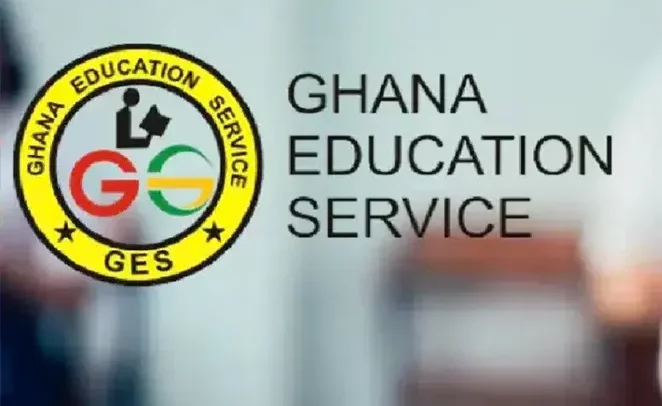By the time the Ghana Education Service (GES) directed school authorities across the country to desist from imposing unauthorised levies or fees, the horse had already been let out of the barn.
This year’s school placement, as observed in a previous commentary, suffered challenges which enabled the authorities in schools to fleece anxious and stressed parents.
In our opinion, the GES should have put in place effective measures to make it impossible for school authorities to find ways of fleecing parents.
The corruption began with the human-interface enabled placement system during which some students did not get their choices. In some instances, some students were sent to places outside their regions of residence and even made day students.
With parents anxious, the authorities then demanded unauthorised monies to effect the necessary changes.
Information which made the headlines yesterday indicated that tension mounted at the Kpassa Senior High Technical School (SHTS) in Oti Region as parents and students protested GH¢435,000 unapproved fees.
During this schools’ ‘cocoa season’, vulnerable parents suffer because the regulator does not usually put in measures to protect parents and students.
In the case of the Kpassa SHTS, the headmaster is alleged be demanding so much money to replace lamp holders among other items said to have been damaged or destroyed perhaps by students.
The simplicity with which the messages via WhatsApp to parents to pay for the replacement does not make for proper tracking of the monies collected.
Under such circumstances, shouldn’t the Parents-Teachers Association deliberate upon the subject before resorting to such suspicious and simple messages to parents?
Financially stressed parents will of course demand accountability, which under such circumstances are non-existent, leading to the tension between them and the school authorities.
It is worrying that parents will be left to their fates at the hand of money-seeking school authorities, especially at such times.
In the school under review, it has also been learnt that other levies have already been imposed upon parents, receipts to which effect have been sighted.
Although auditing of the books of schools is a routine procedure, it would appear however that when it comes to such unapproved levying of fees, same are unnoticed or even glossed over.
Situations where school authorities sell specific items to students, these should be examined to make it impossible for fleecing of parents to take place.
As we earlier pointed out, there should be a post-mortem of the school placement system in the context of among others authorities imposing unapproved levies on parents. It is not enough to issue directives ordering the school authorities not to do so.
The case of the school under review offers an appropriate case study.
The headmaster who should have spoken to the media about what really happened is reported to have declined to do so.
When the GES poses questions to him, however, he certainly will respond. Until then, we insist that something must be done to make things easy for parents in future school placements.


